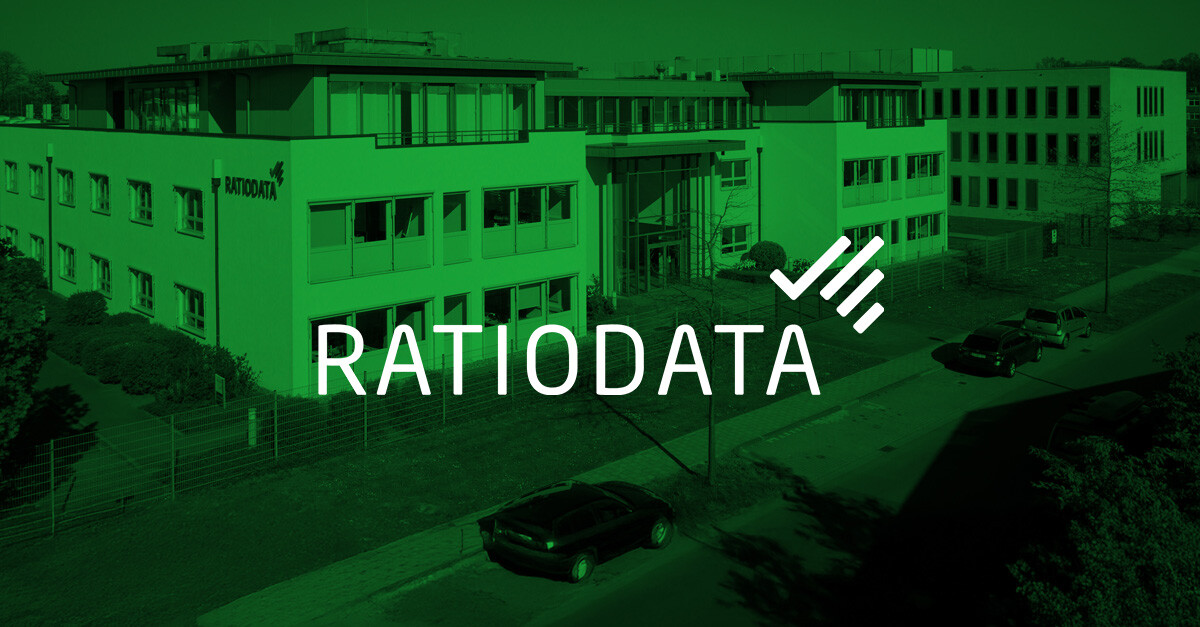
Planning to move to powercloud? 6 tips for a successful switch

Seamlessly moving energy industry processes and data to a new platform like powercloud is easier said than done. When you are at the beginning of a migration project, the first and most critical question is: Where do I stand today? After all, a digital move is not simply a swap of IT software. With the move, energy providers start a holistic transformation of their organization and processes with the aim of increasing efficiency and being able to offer new products.
Each IT platform usually works with a slightly different data and process model. This is also the case with powercloud. Not everything can be transferred from the old data model to the new one at the snap of a finger. That's why a transparent approach is essential, especially at the beginning of a project. What does my current system landscape look like and what data do I have in my systems? With the help of the right analysis and migration tool, these details can be clarified early on, and errors can be avoided. We have summarized other details that are important to remember in six concrete tips.
6 tips for making your digital move a success
1. Clean up old data
Moving to new digital platforms requires detailed planning that must be tailored to individual circumstances, which in turn result from a system analysis at the beginning of a project. One step is almost always necessary in the process: The so-called "detoxing". This refers to the detoxification of old data and systems. During the move, only the data that is really needed is kept, and everything else is archived or deleted. This not only reduces the amount of data, but also the process complexity and is therefore a decisive success factor for the move to powercloud.
2. Define a target vision for the new IT system
In the second step, it is important to think about the target system and develop an overall view. A migration to a new platform like powercloud replaces a large part of the existing IT landscape. To reduce costs, all processes and workflows must be put to the test. What needs to be adapted for the new platform and what is unnecessary and will not be adopted? "Such a big picture is like a detailed floor plan of the new house," knows our CEO Holger Strotmann, "everyone involved in the move must be able to see immediately where and how the data and processes will be mapped in the target platform in the future."
3. Decommission legacy systems
A question that also goes hand in hand with the switch to a new platform; What happens to the legacy systems? If the old systems continue to operate, this not only increases operating costs, but also poses a security risk. For this reason, they should (if possible) be shut down. At Natuvion, we use the Natuvion Intelligent Data Store (IDS) for this purpose. The great advantage of this solution is that legacy systems can be decommissioned in a legally compliant manner, while still retaining access to the data until the end of retention periods (for example, in the event of audits or for specialist research).
4. Planning the transformation correctly
During a transformation, many details intertwine. Therefore, the individual transition phases and the main tasks required must be meticulously planned. In addition to organizing known steps such as platform development, data migration, and integration testing, it is also necessary to clarify where there is a need for change and risks. It is also advisable to keep checking the quality of the move during the migration. This keeps you focused and ensures that you don't lose sight of the goal. Auditors should also be involved at an early stage.
5. Actively manage costs and resources
A change of IT platform means a lot of work and time. Therefore, the resource requirements for the data migration and the parallel operation of the existing IT systems must be determined transparently. For a successful transformation, you and your team need a clear overview of how many resources are needed, what skills are available and what know-how is required.
In addition, the move alone will not ensure the necessary cost reduction in processes. Rather, work must also be done on the complexity and change of workflows. At the beginning of the transformation, we recommend paying particular attention to process cost drivers, defining corresponding reduction potentials, and implementing them consistently from the beginning.
6. Consider change management in the organization
Finally, one should not underestimate what a transformation project means for the organization internally. It is imperative that a new platform requires trained employees and external service providers with appropriate expertise. This change process should be an integral part of the planning and employees should be part of this journey from the beginning. This is because the tasks of individual people can change, especially during the transformation. IT employees are, for example, in phases not only application developers but also integration specialists. IT staff are also needed to effectively manage service providers. External sourcing strategies must also be reconsidered, and existing IT framework agreements adapted.
If you keep these points in mind, nothing will stand in the way of a successful transformation to powercloud.
Related News
Mar 10, '25
How to deal with legacy...
The situation is all too familiar: IT systems grow and...
Read moreFeb 21, '25
Knowledge is power: How...
Successful transformations require careful planning,...
Read moreFeb 17, '25
How adjustments to...
With the introduction of SAP S/4HANA, many companies face...
Read moreFeb 3, '25
Modern systems and...
After twenty years of running the business successfully...
Read moreJan 31, '25
Seamless Transition to SAP...
How Ratiodata transformed its ERP landscape for future...
Read moreJan 23, '25
ONE Data Transformation...
For prospective customers, the market for migration...
Read moreNov 29, '24
Test management in SAP...
An IT project can only be as successful as the implemented...
Read more






